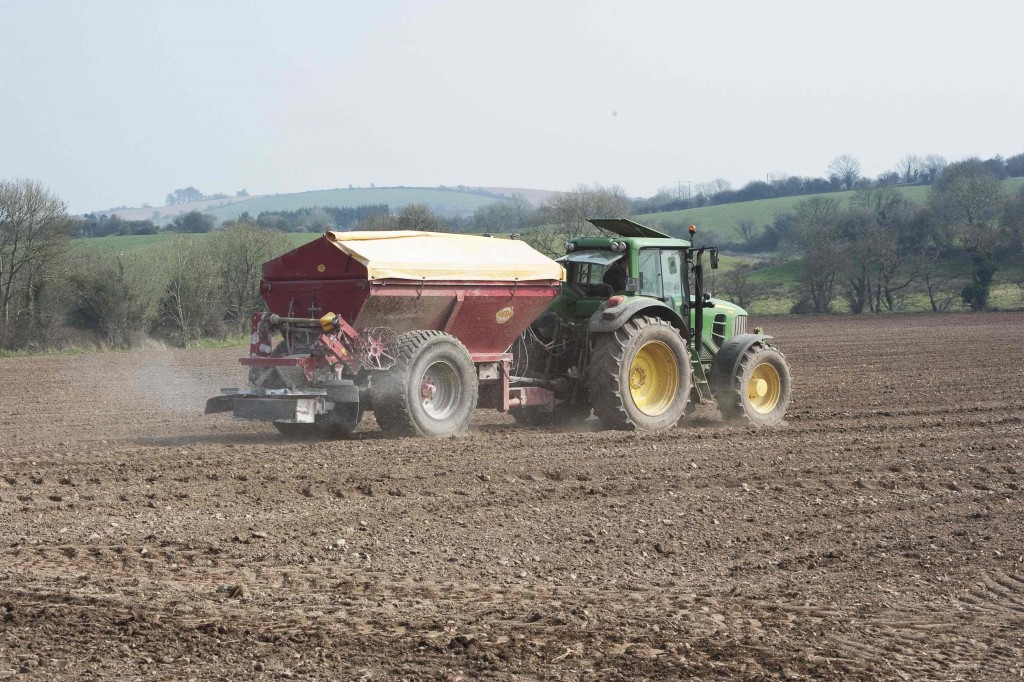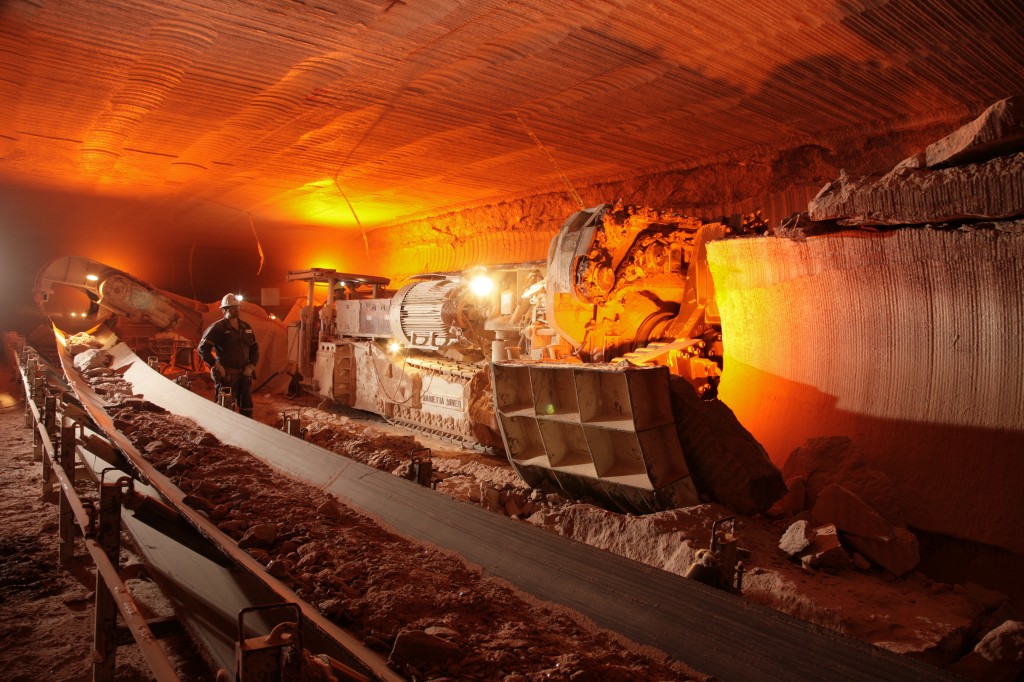
The fertiliser market has chosen to 'wait and see' amid UK's decision to leave the EU, with very few tangible immediate moves or decisions being made in the market as a reaction to the referendum result.
Despite this, there have been major moves in currency.
The fall in Sterling value following the Brexit vote saw nitrogen markets rally by 12 per cent in pound terms but global markets remain flat, says the latest AHDB Fertiliser Market Outlook.
The analysis shows fertiliser markets were unmoved by the referendum aside from the currency-driven surge, which added a reported £15 a tonne to UK urea prices overnight.
With the UK accounting for only one per cent of global nitrogen fertiliser demand – and less for phosphate and potash – the Brexit decision is "unlikely" to have any long-term impacts on markets, which have continued their downward trajectory, says AHDB.

But an anticipated increase in demand towards the end of the year "may trigger an upturn" in inputs prices over the coming months.
Longer term, uncertainty surrounds trade arrangements for fertiliser and broader agricultural markets, including whether UK farmers will continue to have access to the EU’s Single Market, and which existing EU import restrictions will continue to be maintained.
In particular, there is the possibility of import restrictions being removed or at least reduced for nitrogen and phosphate fertiliser imports into the UK.
This could increase UK fertiliser imports from outside the EU and potentially reduce prices.
Tight-lipped feelings about Brexit
Most fertiliser companies have remained tight-lipped about their feelings regarding Brexit, although there have been some notable exceptions to this.
Sirius Minerals, which plans to begin construction on the York Potash mine near Whitby in September, has indicated to the Financial Times that the Brexit vote had allowed costs for the project to move into its favour.
Its chief executive, Chris Fraser, told the newspaper: "We are a dollar asset but a big part of the costs will be paid in sterling for labour... With lower sterling, we will be in a stronger position."
Though the company may find raising project financing more challenging amid the post-Brexit uncertainty.
Nonetheless, the company says it is making progress towards realising its UK potash investment, with the final approval of its mine plans awarded in July, in the form of the go-ahead for port facilities for the mine at Teesside docks.
